NEWS FROM THE WORLD
Russia Grants Immunity for War Crimes in Ukraine
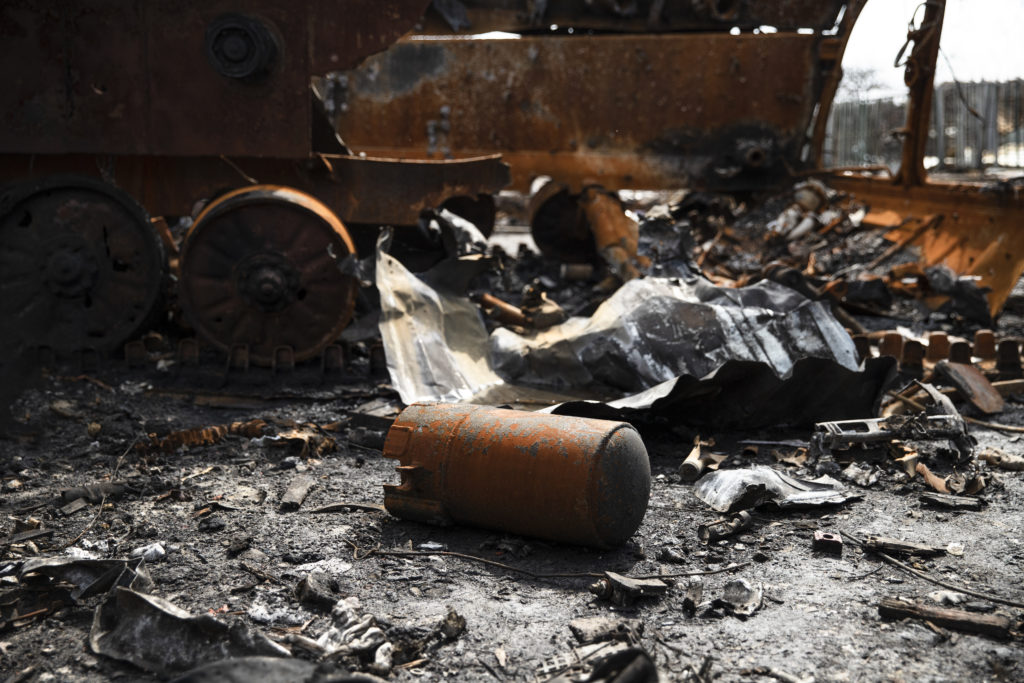
Russia’s State Duma passed a law granting immunity to those committing crimes “in the interests of the Russian state,” shielding them from accountability for war crimes in Russian-occupied areas of Ukraine. The law also equates crimes in territories like Donetsk and Lugansk with those against Russia, absolving Russia from compensating victims of unjust prosecution in these regions. This draconian legislation reflects Russia’s disregard for international law, banning efforts to hold Russian nationals accountable for crimes.
Singapore to Execute Drug Convicts Despite Rights Groups’ Appeals
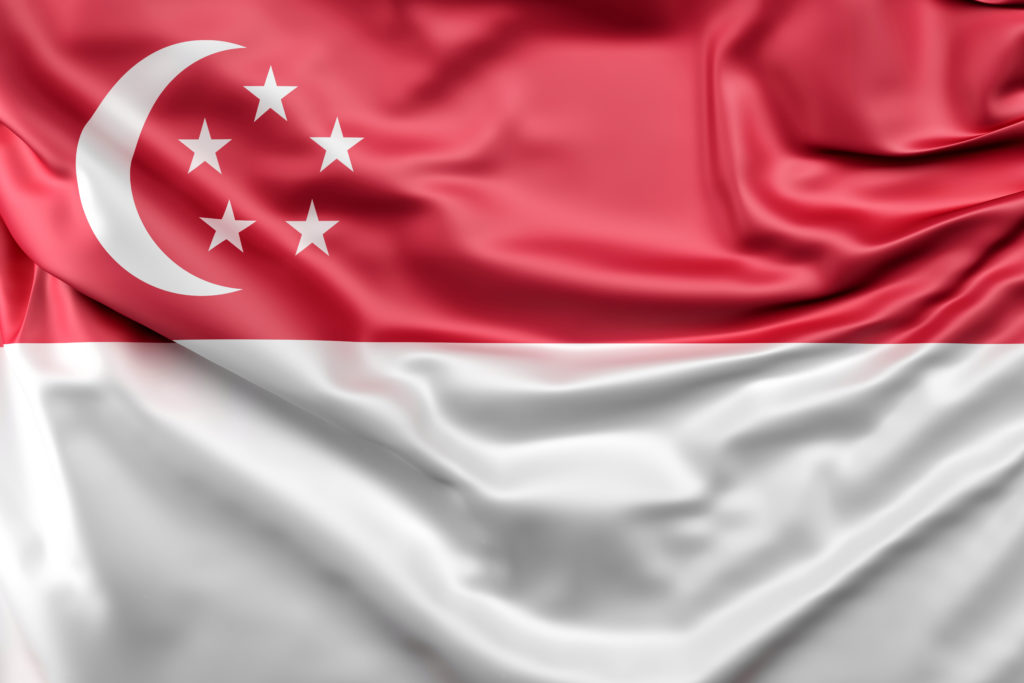
Singapore is set to execute two drug convicts this week, including the first woman in nearly 20 years, according to rights groups. The prisoners are Singaporeans, with one scheduled for execution on Wednesday and the woman on Friday, both convicted of trafficking heroin. Singapore has tough anti-drug laws, and the death penalty applies to certain crimes. Amnesty International called for the executions to be halted, stating that there is no evidence of the death penalty’s deterrent effect. Singapore, however, claims the death penalty is an effective crime deterrent.
Russian Missile Strike Damages UNESCO Heritage Site in Ukraine’s Odesa
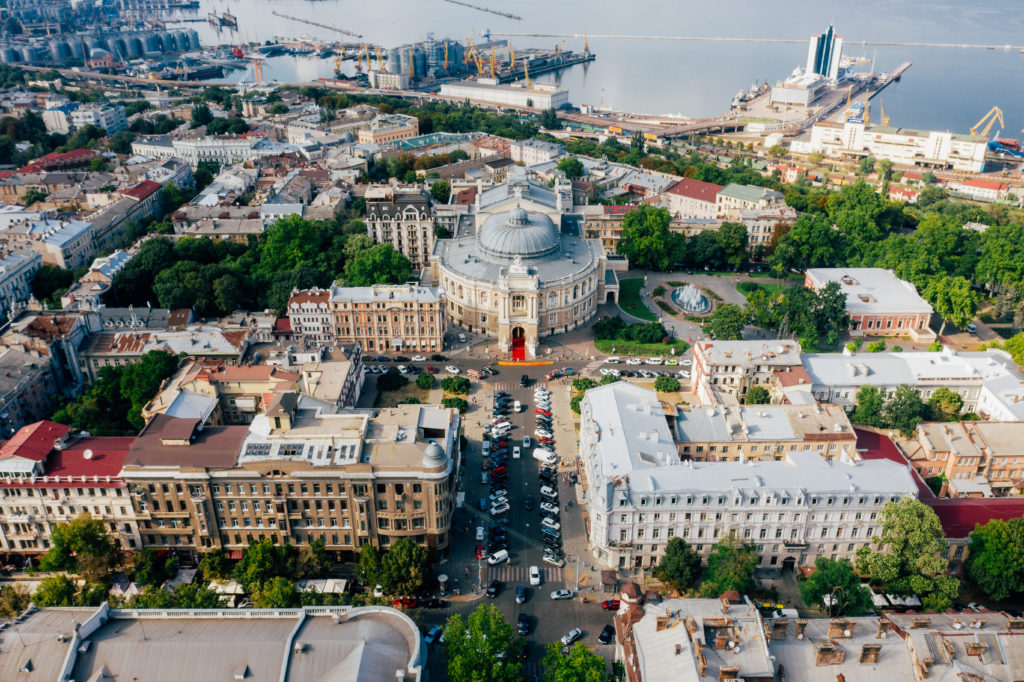
A Russian missile attack on Ukraine’s southern port of Odesa killed one and injured 20, severely damaging an Orthodox cathedral, a UNESCO world heritage site, President Volodymyr Zelenskiy said. Zelenskiy emphasized the attack’s impact on humanity and European culture. Nearly 50 buildings, including 25 architectural monuments, were damaged. The cathedral, hit by a Kh-22 missile, holds historical and religious significance. Russia has attacked Odesa multiple times since withdrawing from a grain export deal. The attack raises concerns about human rights violations and protection of cultural heritage.
Russia’s State Duma Approves Bill Restricting Collaboration with Foreign NGOs
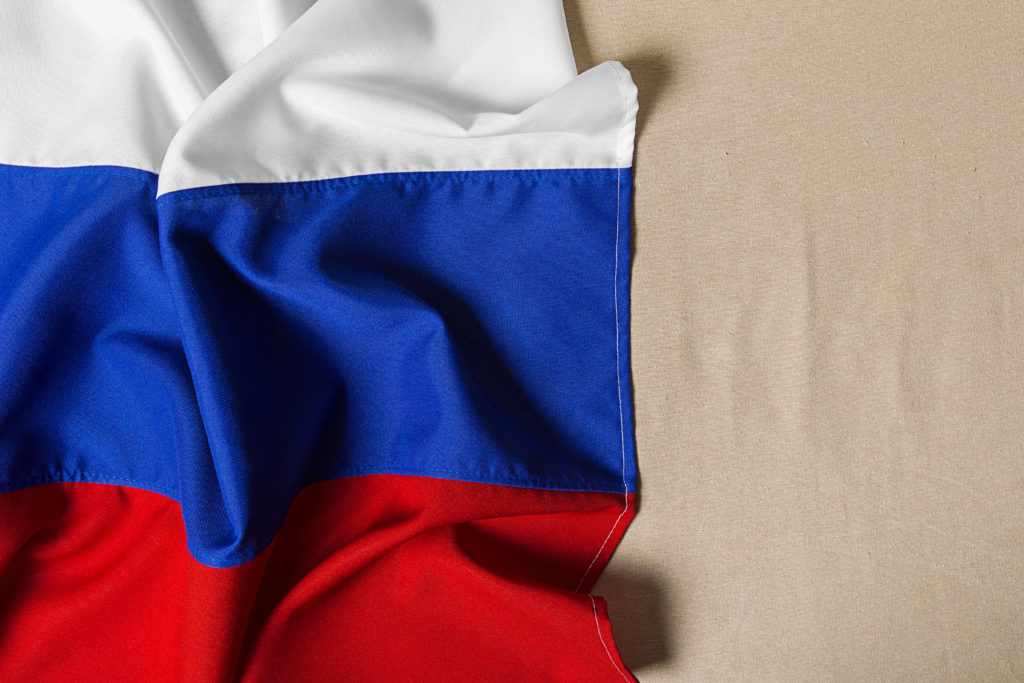
Russia’s State Duma passed a bill banning collaboration with unregistered foreign NGOs, severely limiting freedom of association. Participation in such activities could result in fines or imprisonment, with potential deportation for foreigners. The legislation aims to isolate Russian activists from international support and curb civil society amidst an increasingly hostile environment. Russia previously revoked registrations of Human Rights Watch and other NGOs. The law builds on existing “undesirable organizations” legislation, used to ban foreign entities deemed threatening. Critics argue that the law violates international human rights standards. Human Rights Watch and other bodies have called for Russia to uphold freedom of association and expression.
Azerbaijani Opposition Leader Gubad Ibadoghlu Arrested Amid Growing Concerns
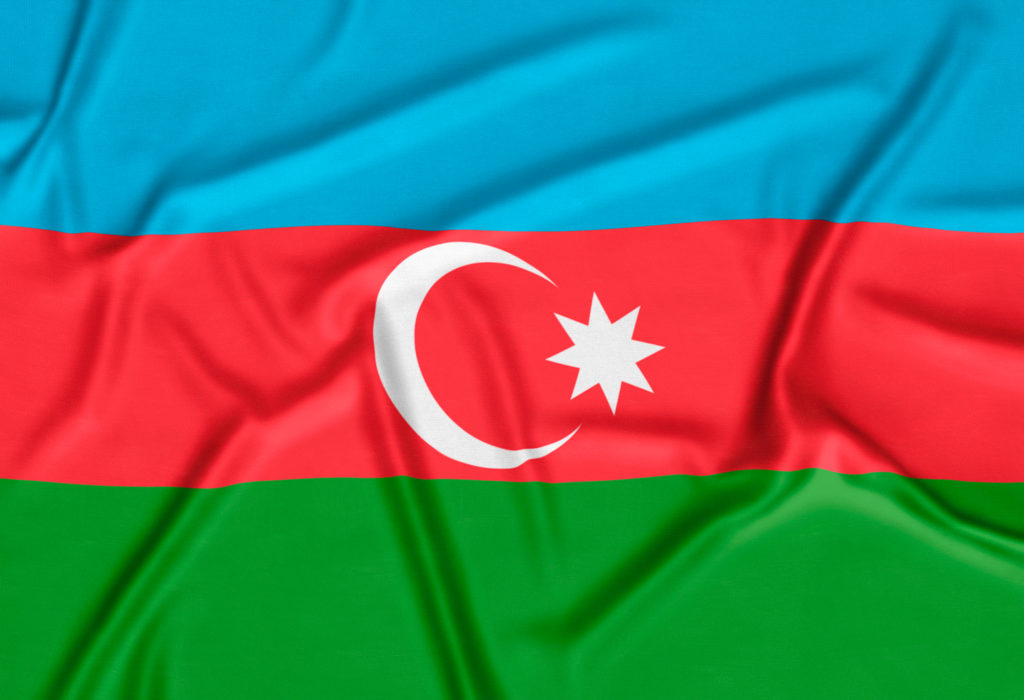
Azerbaijani authorities arrested opposition leader Gubad Ibadoghlu on questionable criminal charges, subjecting him to four months of pretrial detention. He could face up to 12 years in prison if convicted. Ibadoghlu’s arrest fits a pattern of silencing critics in Azerbaijan. He heads the Azerbaijan Democracy and Prosperity Movement and recently established the Azerbaijani Youth Education Foundation to support higher education for Azerbaijani youth. Pro-government media conducted a smear campaign against him. Ibadoghlu, a renowned political economist, was assaulted during his arrest. His family reported his deteriorating health condition, including diabetes and high blood pressure. Human Rights Watch urged his immediate release and access to necessary medication.

